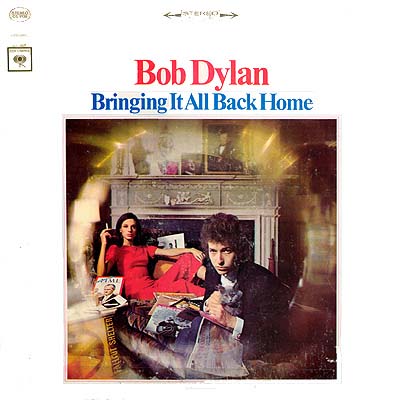
Recorded in the dark, dying winter months of 1984, it is a record where individual influences are readily apparent, yet get set spinning in that perfect balance that becomes something else altogether. They brought it all back home on Low-Life. In the time between the two albums, the group’s individual members had been stretching their studio technique, taking on a wild variety of producing jobs for other Factory Records acts, testing gear and ideas while searching for the perfect beat on other people’s records. If 1983’s miraculous Power, Corruption And Lies was the moment New Order put it all together – all that pre-punk and punk and post-punk and kling-klang electro and ambience and rage and sadness and joy and confused, knowing naivete – Low-Life was where they set out to see how far they could take it. Now getting the augmented deluxe treatment as the group’s exemplary series of “definitive” boxsets continues, it is clearer than ever that this shimmering, shadowy, grimy album, released in spring 1985, marked the commencement of their imperial phase.

ORDER NOW: Curtis Mayfield is on the cover of the latest issue of UncutĪs ever with New Order at their finest, the sublime and the ridiculous, heaven and earth, danced in close proximity at the messy birth of the song we would eventually come to know as “The Perfect Kiss”, signature track and – controversially, in those indier-than-thou days – lead single of their magnificent third LP, Low-Life.“It’s called “I’ve Got A Cock Like The M1”.” And its name is… and its name is… and its name is… “This one’s a new song,” Bernard Sumner says as he steps to the mic. In time, this track will grow exponentially, to become the launchpad for the next chapter of their eternally unlikely career a track that exploits and expands the possibilities of the 12” single even more than “Blue Monday” a track so endlessly, ever-changingly glorious you could live inside it, or at least lose a lifetime’s worth of weekends there.

At the climax, they unveil a song no-one has ever heard before, one they’re still writing there on stage, jamming with their sequencers. It is May 14, 1984, and as the UK Margaret Thatcher would like to see remoulded in her image tears itself apart, New Order are doing their bit on the angels’ side, playing a benefit at London’s Royal Festival Hall in support of the nation’s striking miners.


 0 kommentar(er)
0 kommentar(er)
